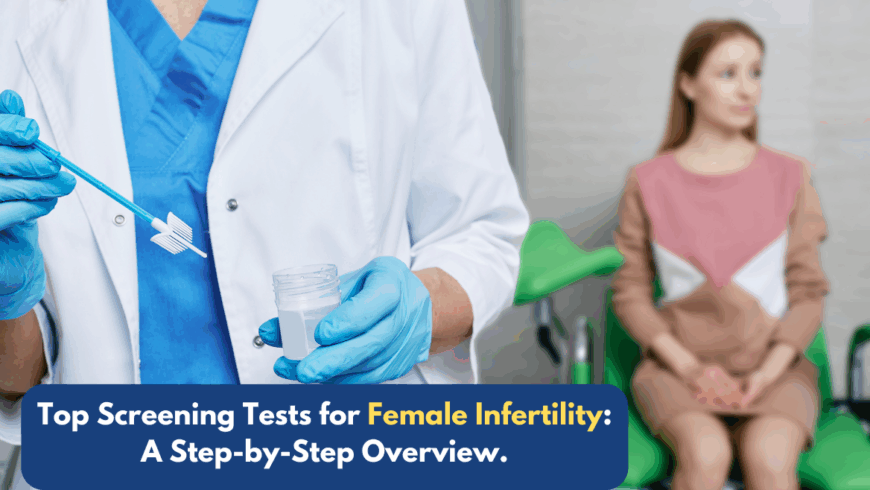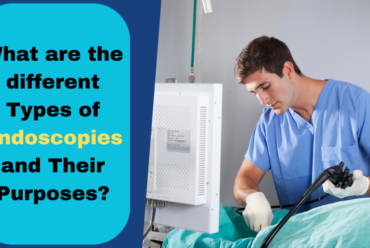Top Screening Tests for Female Infertility: A Step-by-Step Overview
If you’re having trouble getting pregnant, you’re not alone. Many women face challenges when trying to grow. The first step to finding out what might be causing the problem is through screening tests. These tests help doctors understand what’s happening in your body and why pregnancy might not be happening as expected. Let’s take a look at the most common screening tests for female infertility in simple terms.
1. Ovulation Test
Ovulation is when an egg is released from the ovary, which is essential for pregnancy. An ovulation test checks if you are releasing eggs regularly. This can be done through:
- Home Ovulation Kits: These kits detect a hormone in your urine that increases just before ovulation.
- Blood Tests: Your doctor might check your hormone levels through a blood test to see if you’re ovulating properly.
2. Ovarian Reserve Test
This test measures how many eggs you have left in your ovaries and their quality. It’s especially important for women over 35. The two main tests are:
- FSH Test: This blood test checks the level of a hormone that helps control egg production. High levels might mean fewer eggs are left.
- AMH Test: Another blood test that gives a good idea of how many eggs you have left.
3. Hormone Test
Hormones are chemicals in your body that control various functions, including your menstrual cycle and ovulation. These tests measure the levels of important hormones like:
- TSH: This checks your thyroid function, which is important for overall health and fertility.
- Prolactin: High levels of this hormone can stop ovulation.
- LH and Estradiol: These help your doctor understand if your ovaries are working properly.
4. Pelvic Ultrasound
A pelvic ultrasound is a scan that uses sound waves to create pictures of your reproductive organs. It helps doctors see if there are any problems with your uterus, ovaries, or fallopian tubes that might affect fertility, like:
- Ovarian Cysts
- Fibroids
- Endometriosis
5. Hysterosalpingography (HSG)
HSG is an X-ray test that looks inside your uterus and fallopian tubes. A dye is put into your uterus, and X-rays are taken to see if the dye flows through the tubes easily. This test checks for blockages or other issues that could prevent pregnancy.
6. Laparoscopy
Laparoscopy is a minor surgery where a small camera is put into your abdomen through a tiny cut. This lets the doctor see the outside of your uterus, ovaries, and fallopian tubes to check for problems like endometriosis or scar tissue.
7. Genetic Testing
Sometimes, infertility can be due to genetic issues. Genetic testing can find out if there are any inherited conditions or problems with your chromosomes that might be affecting your fertility.
Conclusion
These screening tests are important steps in finding out what might be causing infertility. Early testing and treatment can help improve your chances of getting pregnant. If you’re looking for female infertility treatment in Hadapsar, Dr. Pallavi Mulay at Mulay Hospital is a highly skilled gynecologist in Hadapsar who can help you with personalized care and treatment options.







